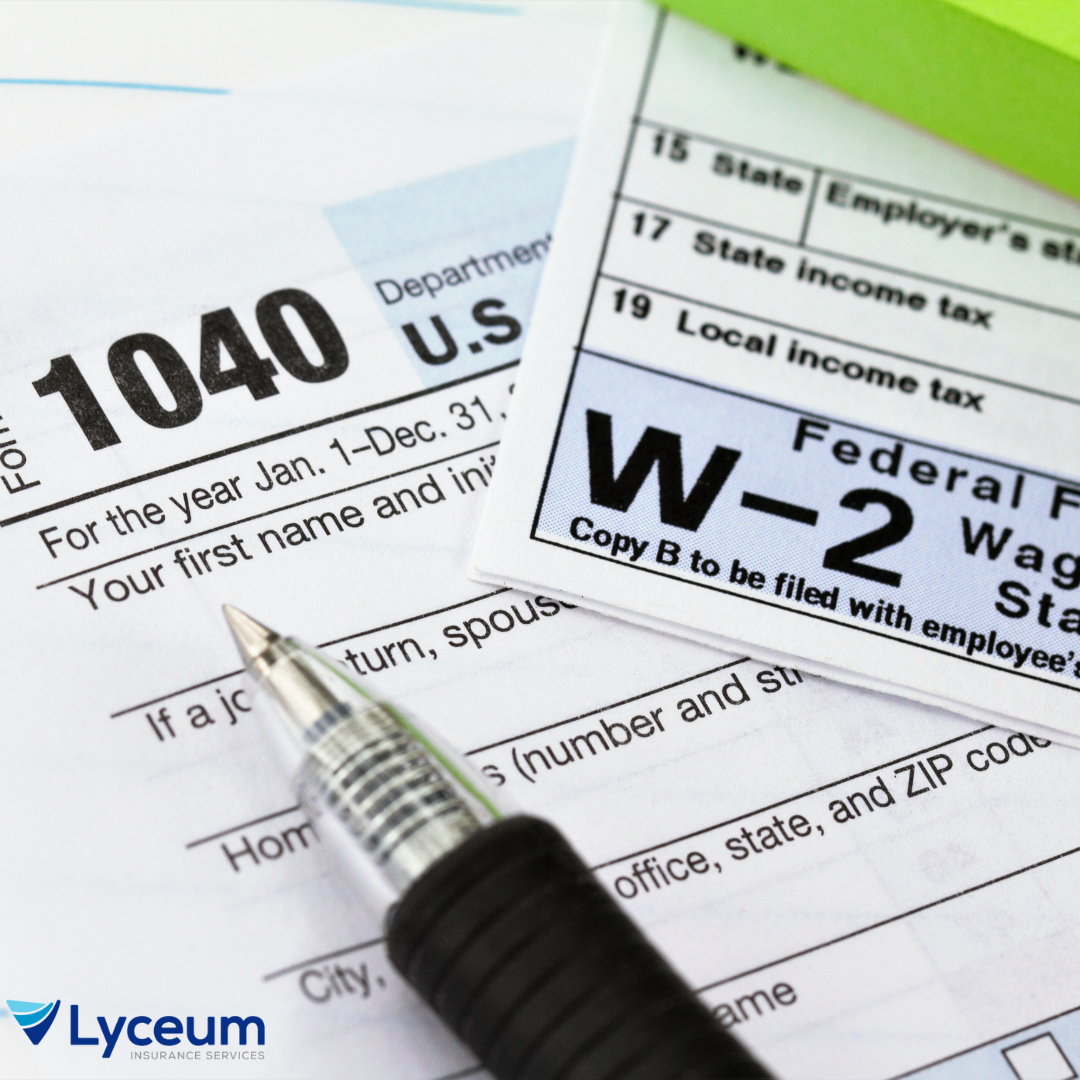
Tax Day 2024 Guide: Business vs. Individual Taxes and Business Insurance Benefits
 “Are you ready for it?” A lyric borrowed from Taylor Swift’s song now applies to taxes!
“Are you ready for it?” A lyric borrowed from Taylor Swift’s song now applies to taxes!
Due to their established processes and business nature, there are clear distinctions between individual taxpayers and corporate entities. Understanding these differences is crucial for a smooth filing process.
What are personal taxes?
Personal taxes are direct taxes paid by individuals to the government, typically deducted from their salary. This applies to both self-employed individuals and full-time employees. Forms such as the 1040, as well as factors like income, deductions, and credits, play a pivotal role in determining an individual’s tax liability.
What is corporate tax?
Corporate tax, on the other hand, is a tax paid by businesses to the government based on their earnings as a company. The IRS taxes income from various types of business entities, including corporations, partnerships, self-employed contractors, and small businesses. For corporations, the relevant form is Form 1120. For partnerships, it’s the Form 1065. Limited Liability Companies (LLCs) may file either of these forms.
Insurance benefits for businesses
- Health insurance – Understanding the requirements and penalties under the Affordable Care Act is crucial. Offering health insurance may reduce the companies’ tax deductions and tax credits.
- Life insurance – Knowing the coverage limits and potential tax implications of life insurance will protect both the employer and employee. Life insurance can offer financial support to employees’ families in the event of their untimely death, while also providing tax advantages for the business.
- Property Insurance – Safeguarding the business from various types of damage, from internal incidents to external threats, is vital. Property insurance can cover losses due to fire, theft, natural disasters, and other unforeseen events.
Strategies in maximizing tax benefits:
For individuals: Employ tax-efficient investment strategies, such as contributing to retirement accounts like IRAs and 401(k)s.
For businesses: Opt for tax efficient services, such as maximizing allowable deductions and taking advantage of available tax credits. Having an in-depth knowledge of how insurance benefits help businesses make better financial choices.
A proactive and well-informed approach is essential. Whether you’re an individual taxpayer figuring out personal taxes or a business owner seeking tax-saving strategies, we’ve got you covered!
Contact us to schedule a consultation on how your insurance benefits can help with your business’ taxes.
Categories: Blog
